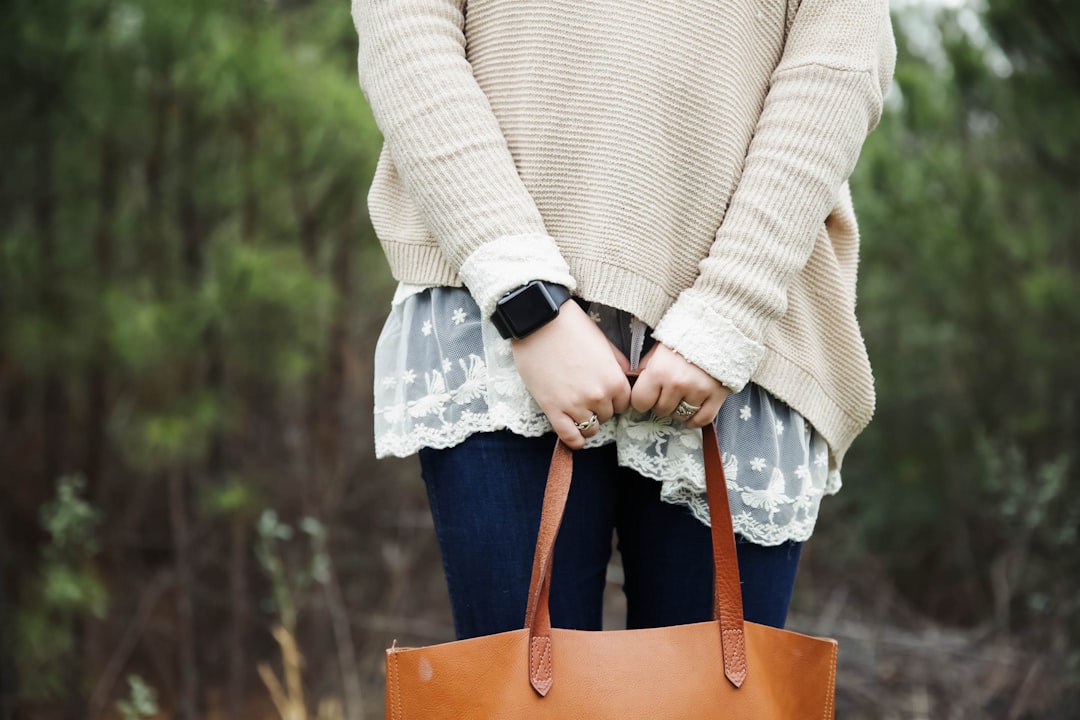Ageism Part III: Getting Hired
If millions of unemployed older women are not getting hired, and no one hears or talks or writes about them, do they make a sound?

This is Part III in a 3-part series on ageism. Part I, on hate speech, can be found here. Part II, on getting fired, is here. In fact, this topic is so vast and underreported, I’m considering a Part IV on the intersection of AI and ageism. Stay tuned…
Keep reading with a 7-day free trial
Subscribe to Ladyparts to keep reading this post and get 7 days of free access to the full post archives.



